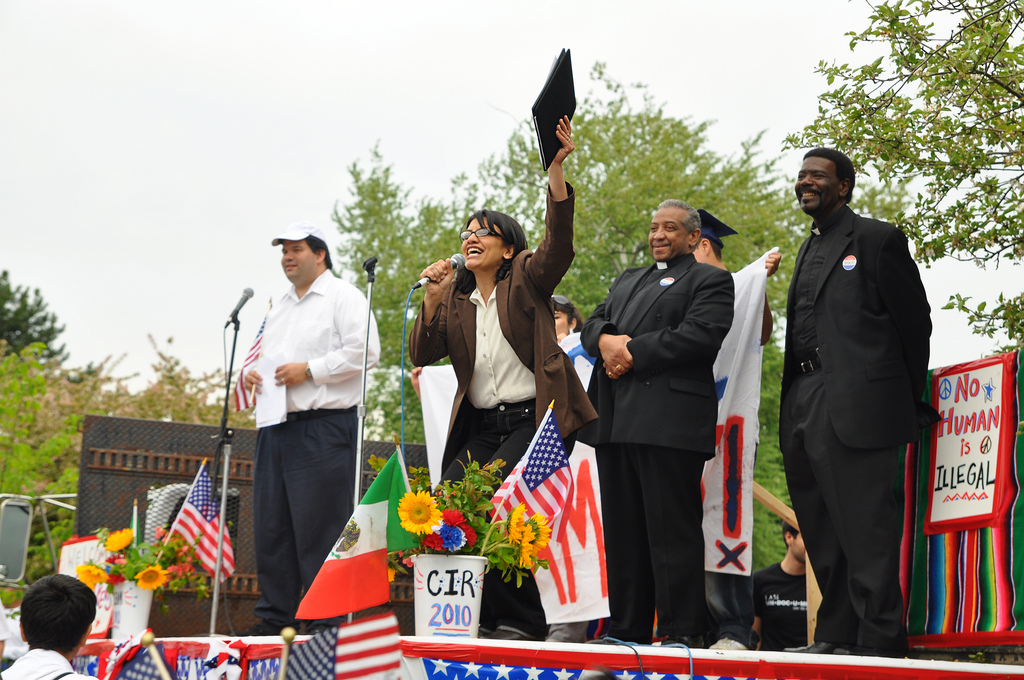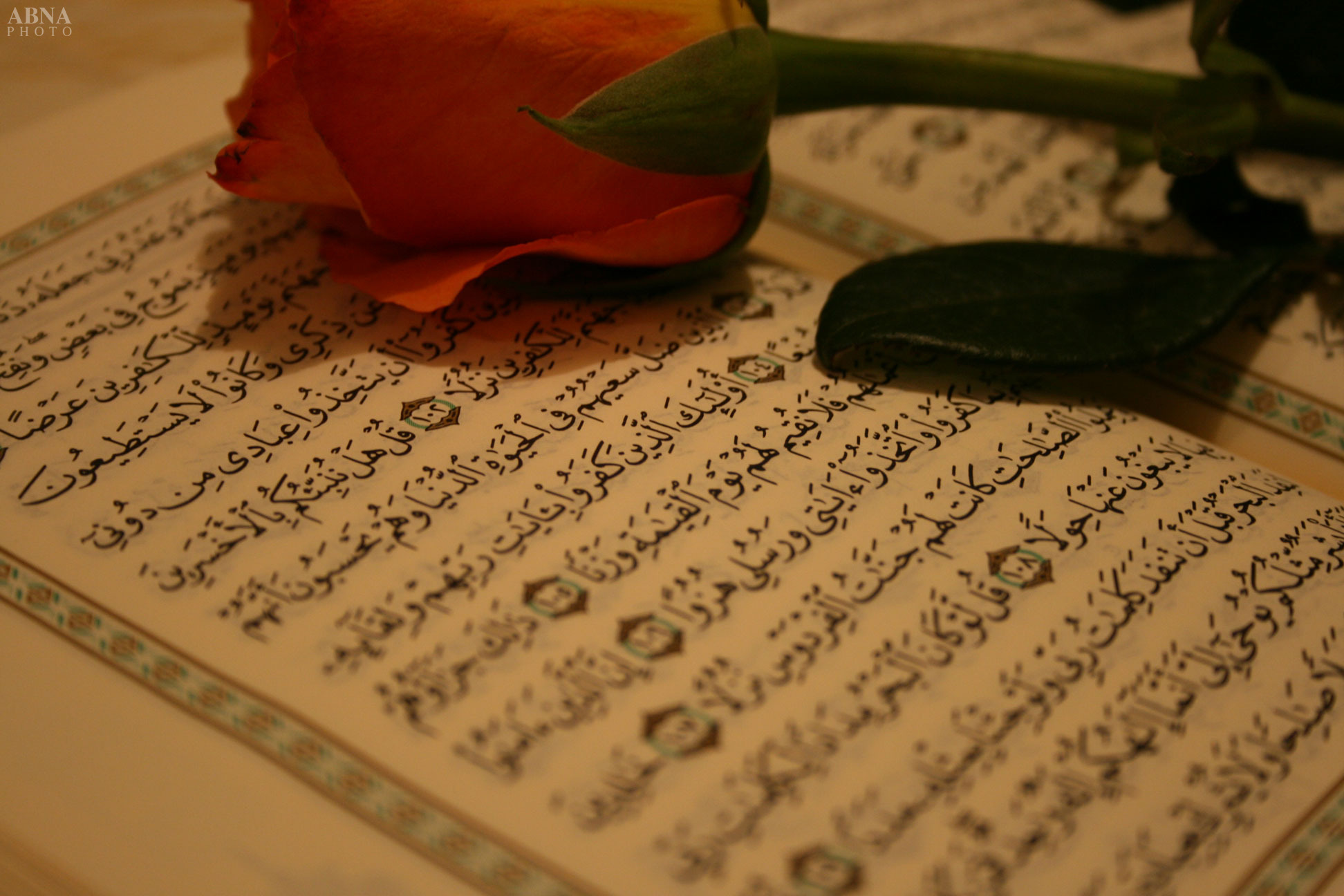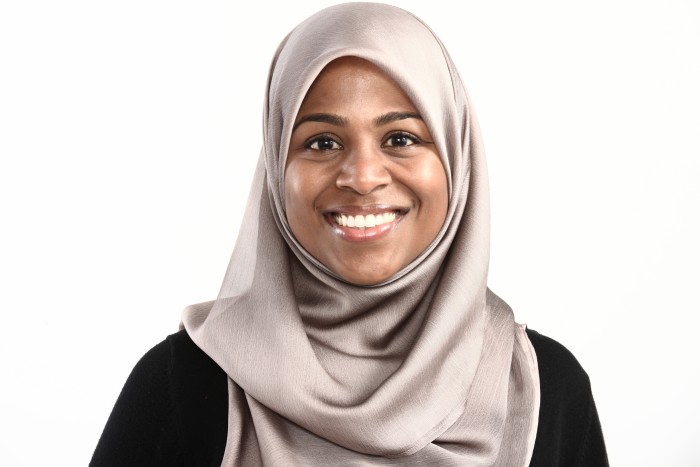I remembered struggling to make sense of what was happening. I was here, it was real. It was more real than it was before.
In the hot wind, we dressed appropriately Sauid’fied. Jelbabs and Hijabs, we women donned these pieces with understanding and occasional discomfort. My husband enjoyed the time out of his work clothes for a piece he would now just “throw on.” Even more impressive was the time he wouldn’t have to spend fixing his hair, since during Umrah, it was a ritual to shave the man’s head and become “one” with the people.
But, as we delved into the trip, the first few days in Medina (the city that welcomed the Prophet) and the last few days spent in Mecca (the city of Allah’s house), we knew that it was beyond the “cool dressing” and experience of being in the Middle East. It was hitting us. We were really visiting the two main cities where Islam was born, flourished and sought after by every Muslim before they died.
Oh, this was legitimate.
If I slept for 8 hours, was I being too American? Well, I couldn’t help it. I needed my 8 hours, (so I got a fair 6); this trip was an eye-opening experience for my body and soul (patience, spirituality, hunger, thirst).
I was stronger than I was on my last visit at 15, when I studied in Mecca with 16 of my impatient, crazy, lazy (myself included) ABCD (American-Born-Confused-Desi) cousins for three months. We learned more about the KFC menu, than we did about Islam. I wasn’t going to allow that to happen at 23.
I remember thinking of all the things I had done in my life that I needed to repent for. I took out my mental list and remembered all the people who asked for me to pray for them. I thought of all the people who didn’t ask, but who mattered to me. I asked for patience for myself and my husband , our young type-A “get things done now” personalities matched the “East Coast,” but I wanted us to build a family in our East Coast world, we would call “home.”
I remembered struggling to find space, to catch sight of the Black Rock, to breathe through the cramped women in the space allotted to us feet away from the kaaba. I remembered struggling to make sense of what was happening. I was here, it was real. It was more real than it was before.
Somehow, all I could remember was how my late father might have squeezed my hand during Taawaf, and what prayers he would recited (his favorite was Al-Kauthar). I recalled the time he visited us weeks into our studying, barged into our rooms and woke us up earlier than we deemed appropriate, opened the gaudy maroon hotel curtains and asked us why we were making all the uncles pay for the room with “the view, if we never even opened it up.” We didn’t see things like we should have at that age, but I do now. He spent every minute in that room staring at the kaaba, every second outside that room near it.
For him every minute counted. I was remembering him because yes, he was my father, but more than that, I was recalling all the people who died in my life. This was an experience that made me think of death. I was shocked by all the people around me who looked like they “felt” as if there time was near. I laughed with my sister-in-law, feeling as though 80% of the kaaba was filled by people over the age of 70. Many came from villages and must have spent their life-savings for this trip. I was there leisurely, casually mentioning to my family that we should come every other year. Was I was there with less conviction and understanding?
Naturally, I continued to think of dying myself. Dreary it was, but oh how much truth comes out when you wonder if these were your last days.
Am I prepared? These were the days I thought how unprepared I was. What was a Muslim? I haven’t struggled that much. I haven’t “surrendered,” as much as I maybe should be.
This trip made me realize, more than anything, that I wasn’t alone. Everywhere I turned, people were in tears, holding their hands up, eyes closed, and there they were, in “God’s House”, sharing their hopes, fears and prayers. We all were there for our own personal reasons and many of us were impacted in different ways.
I just kept wondering of what more could I do to enjoy this trip. Maybe a little less trying, and a little more being, Nadia!
These people had no where to go, no places to rush to, no dinner-date to make, no upcoming election. They were living “there and now” and I felt so badly for myself. Poor Americanized girl, so out of touch with the current.
Was it bad to look at the future? Not that we really can reshape Islam, but the definition of being a Muslim has so much meaning to it. We all had a different path, with the same goal of reaching Heaven, doing good and pleasing Allah. We just may have different means and methods.
I was not less of a Muslim, I was a different kind.
An over-observing, quirky, critical mess was becoming a semi-observant, content, imploring beggard. I was begging Allah to make me see my future in a way that met the standards Islam set forth. I wanted to be “then and now” and also see that my tomorrow was in alignment with the heaven I so wanted for me and my family.
So, yea, I over-think. And yes, one of the Sufi mantras is to “die before you are taken to real death,” but I don’t want to die before I die!
I want to live today, work for my future, over-think my past, carefully plan my tomorrow, and know that WE plan, God laughs…. and Heaven awaits… Insha’Allah.
Nadia Sheikh Bandukda is a law student at Rutgers School of Law in New Jersey and a Columbia Business School’s Ariane de Rothschild fellow. She lives in Central Jersey with her husband. Nadia blogs at Confessions of a Dreamer: http://nadiasbandukda.blogspot.com/




